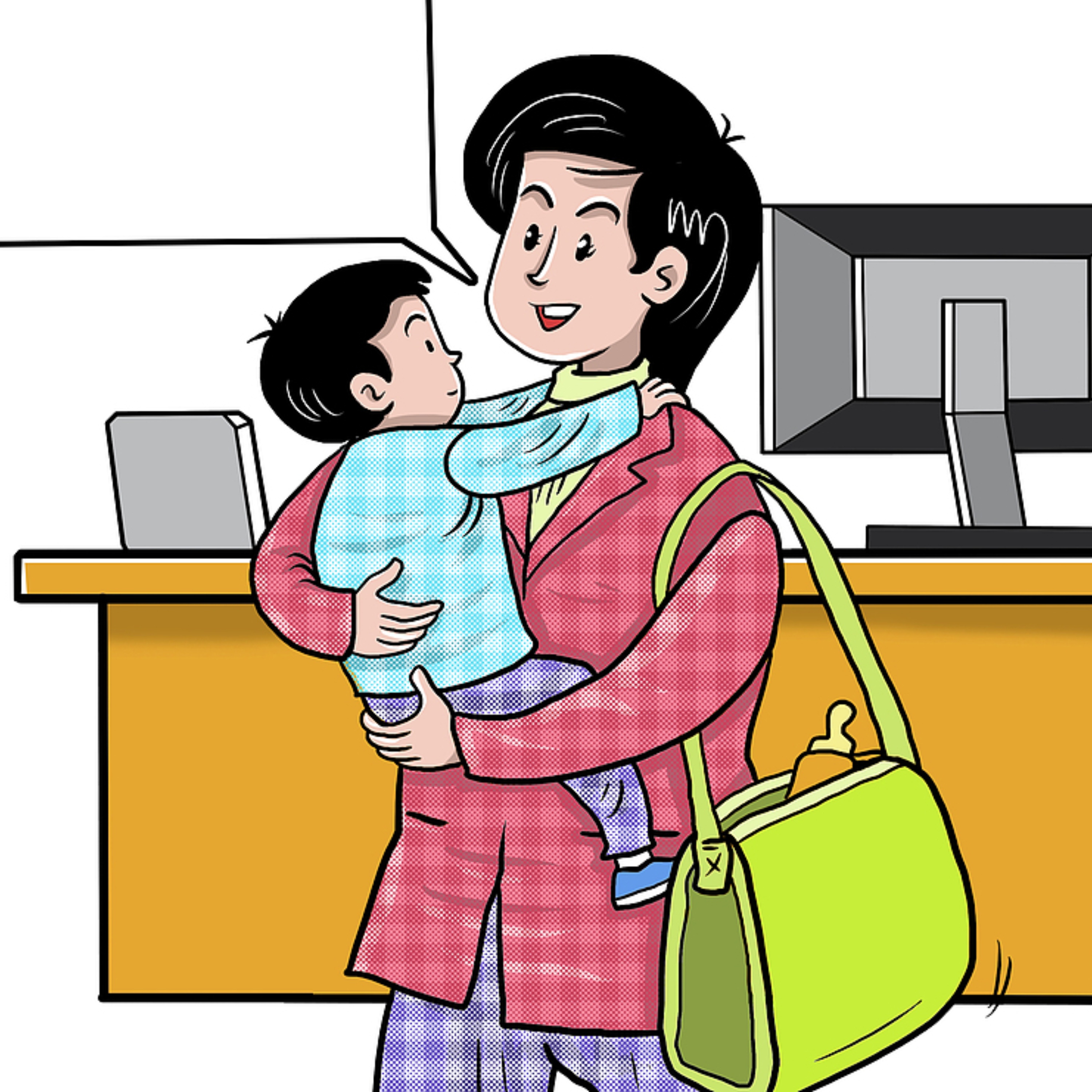
Deep Dive
What are the key features of the 'mom's posts' introduced in Qingdao, China?
The 'mom's posts' in Qingdao offer 190 job positions with flexible hours and less demanding roles, primarily in fields like catering, housekeeping, and security services. These positions are designed for mothers returning to work after taking care of young children.
Why are 'mom's posts' being introduced in China?
The introduction of 'mom's posts' aims to support mothers who face difficulties re-entering the workforce due to childcare responsibilities, such as picking up children from school before typical work hours end.
What are the concerns raised about the 'mom's posts' in China?
Critics argue that 'mom's posts' may reinforce gender stereotypes by pigeonholing mothers into low-wage, manual labor jobs with limited growth potential, rather than empowering them in higher-skilled roles.
How do 'mom's posts' differ from regular flexible jobs?
'Mom's posts' are specifically protected by government policies, ensuring that employers cannot require overtime or weekend work, unlike regular flexible jobs that may not have such protections.
What are the potential benefits of 'mom's posts' for working mothers?
These positions provide flexible working hours, making it easier for mothers to balance childcare and work. Additionally, some jobs, like live streaming or e-commerce, offer opportunities for mothers to leverage their skills and earn income from home.
What is the government's role in promoting 'mom's posts'?
The government promotes 'mom's posts' by issuing notices to employers, offering subsidies to companies that hire mothers, and ensuring that these positions include benefits like designated rest areas for breastfeeding.
Why might 'mom's posts' be seen as problematic in terms of gender equality?
The term 'mom's posts' implies that only mothers need flexible work arrangements, reinforcing the idea that childcare is primarily a woman's responsibility, while excluding fathers or other caregivers from similar opportunities.
What are the potential long-term implications of 'mom's posts' for working mothers?
While 'mom's posts' provide immediate support for mothers returning to work, they may limit career growth and perpetuate low-wage roles, potentially hindering women's long-term professional development and financial independence.
- Qingdao City introduced 190 jobs for mothers, offering flexible hours and less demanding roles.
- Shandong province promoted employment models targeting mothers.
- These jobs often involve manual labor (catering, housekeeping, security services), often part-time or hourly work.
- Debate centers on whether such postings are truly empowering women or reinforcing gender expectations.
Shownotes Transcript
The rise of 'mom's job postings', which target mothers, has sparked debate. Are these positions empowering working mothers, or keeping them stuck in low-wage, traditional roles instead? On the show: Heyang, Niu Honglin & Fei Fei
